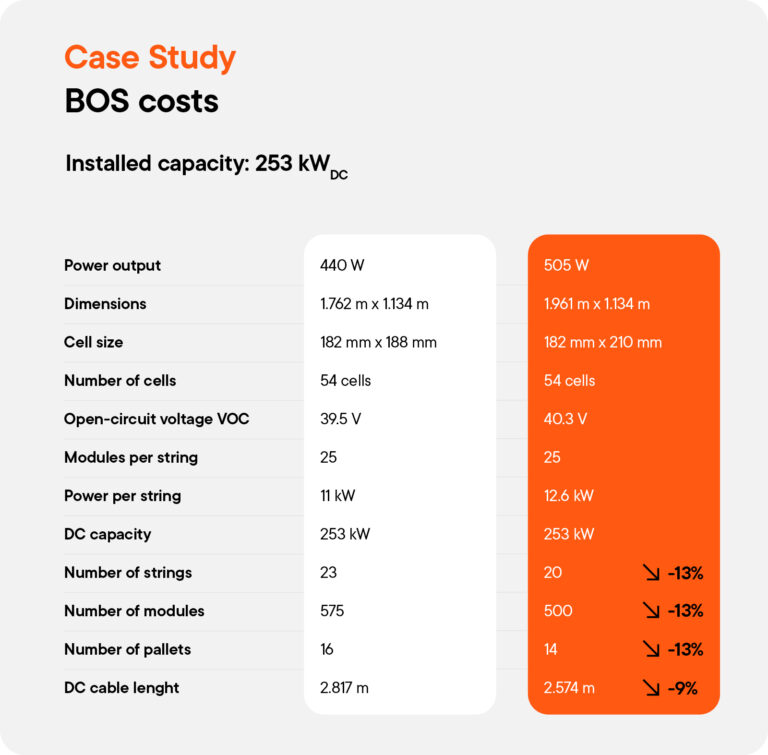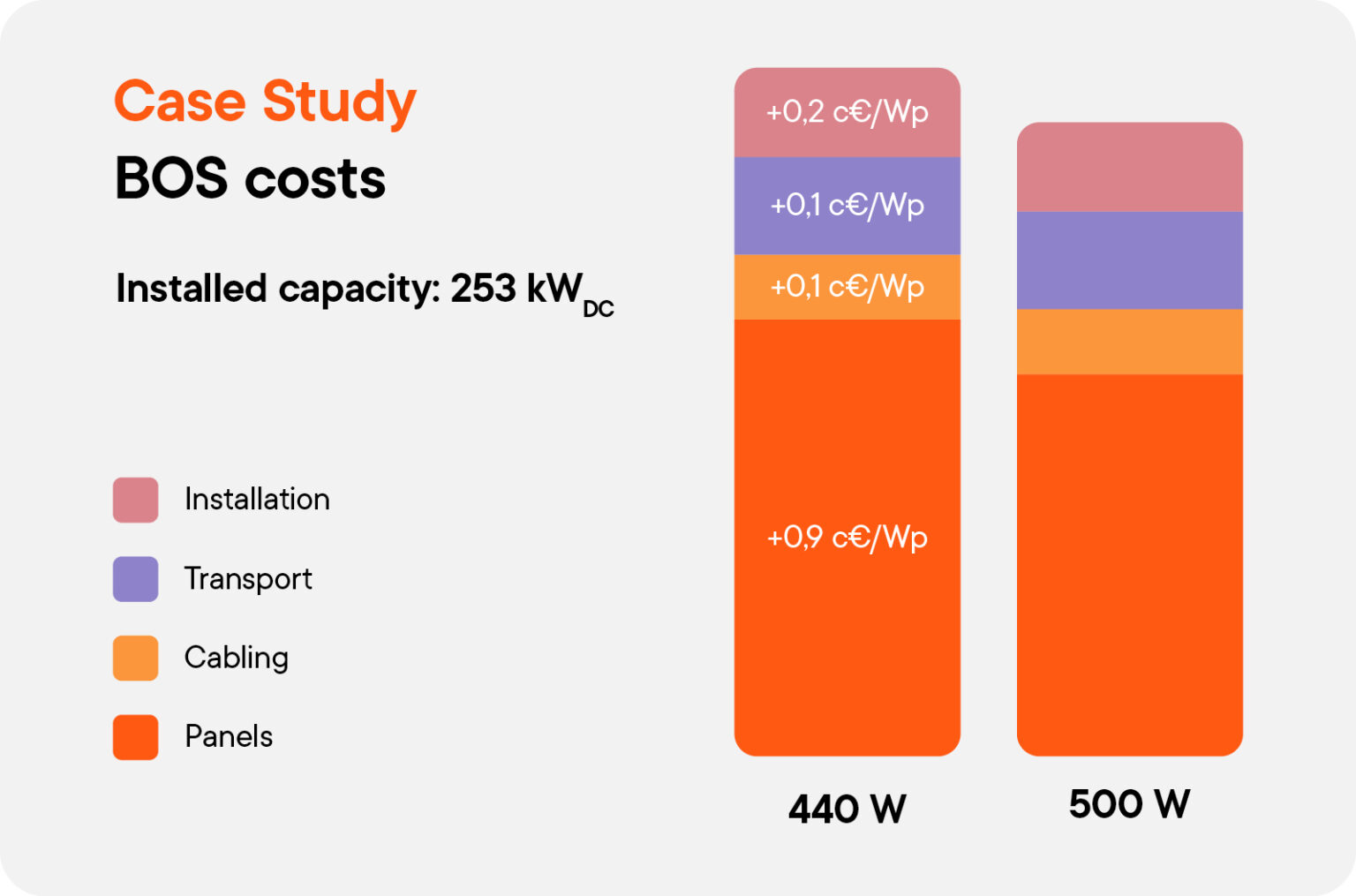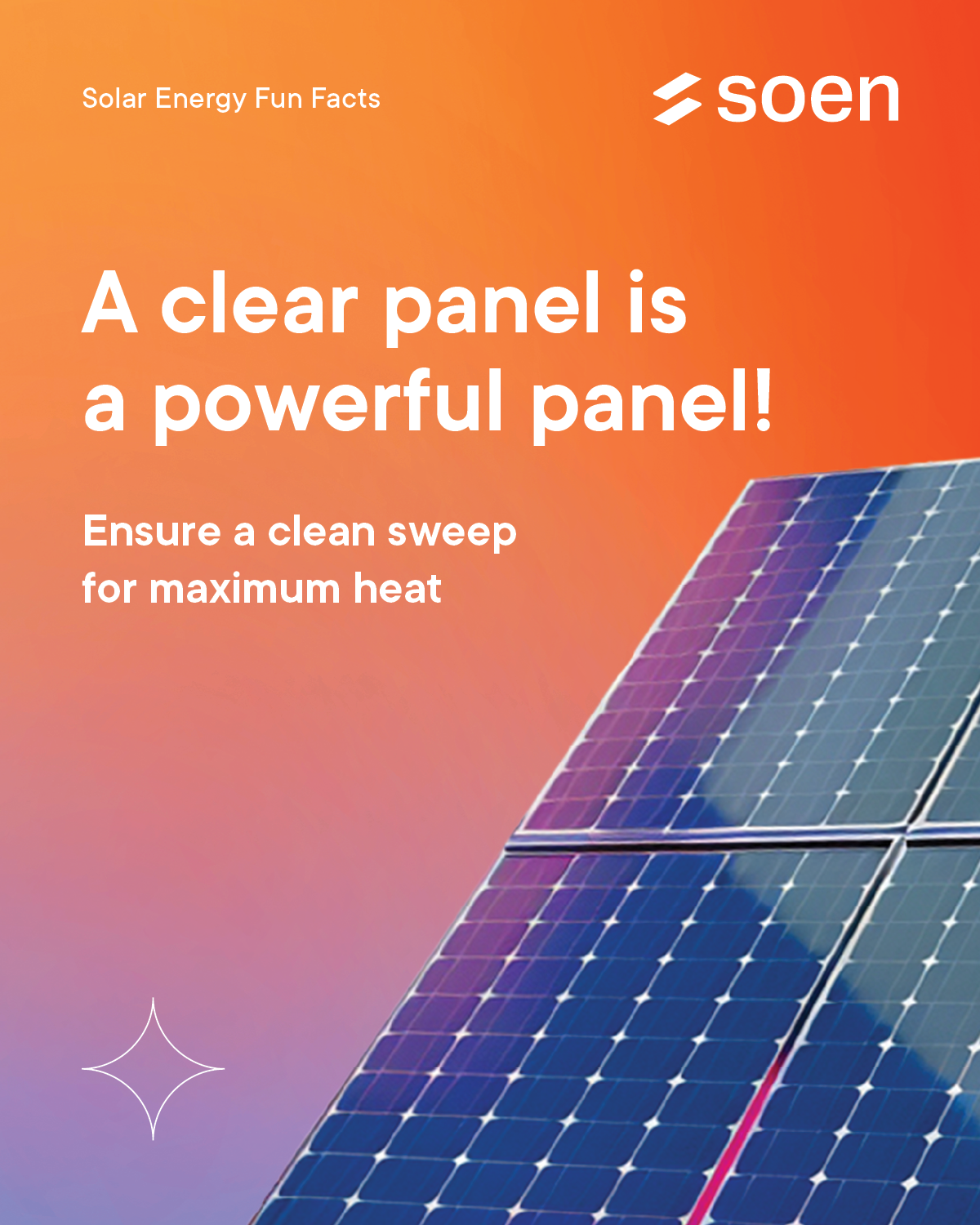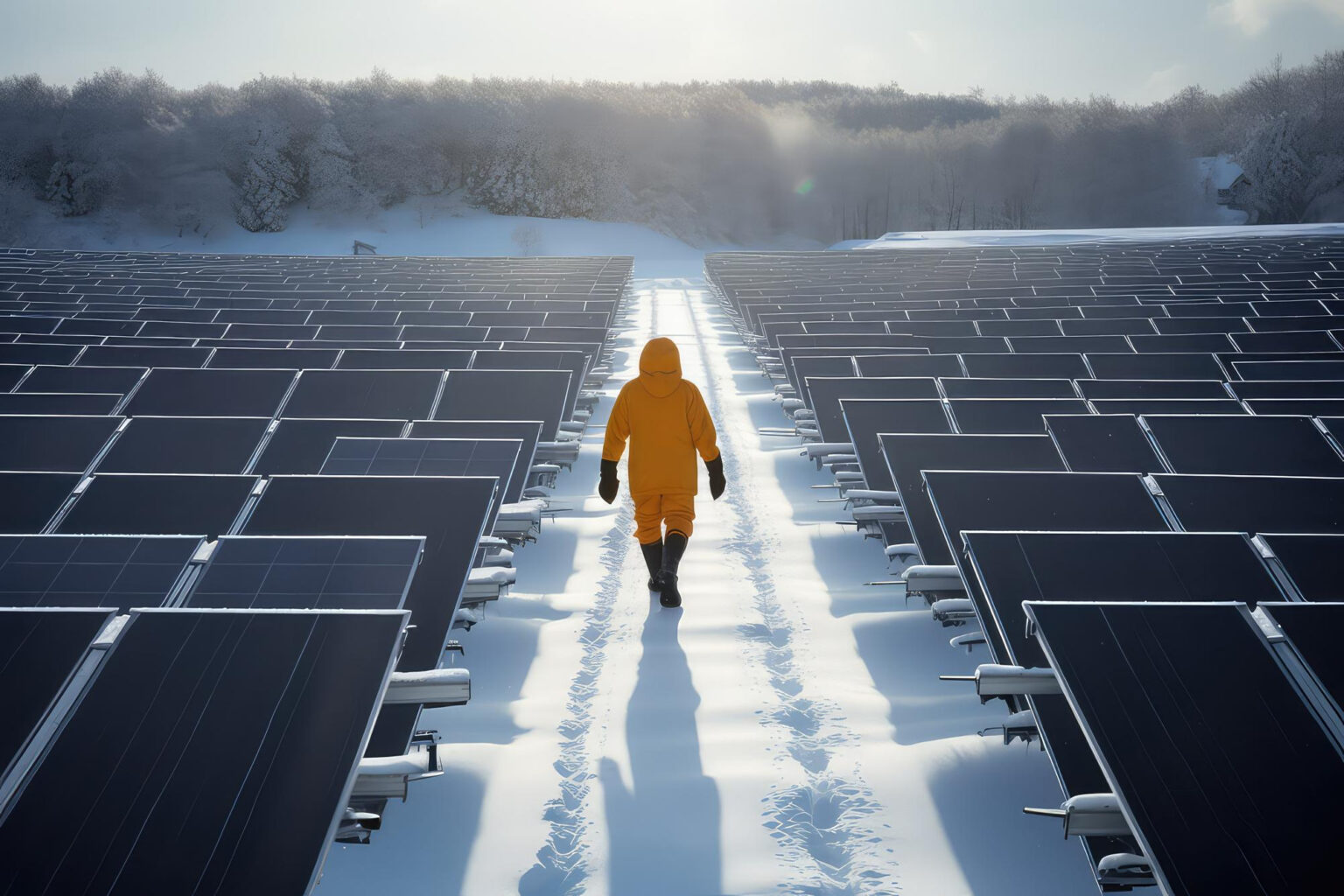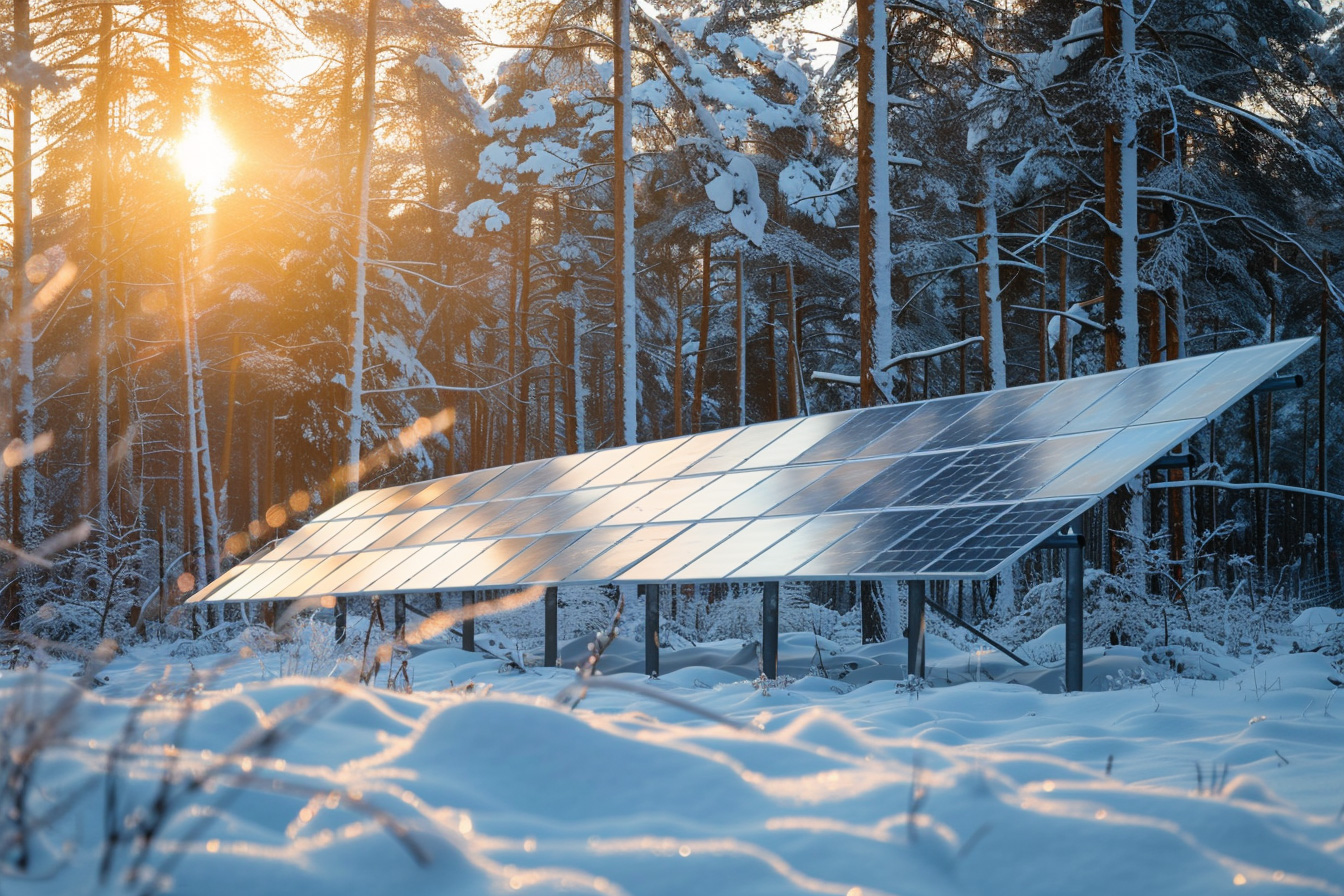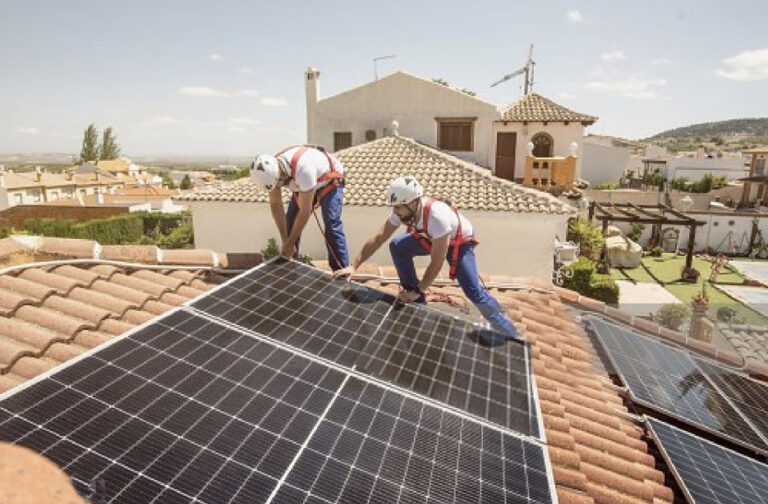Energy storage is becoming a key element in residential solar installations, especially in light of changing regulations and rising energy costs. In this article, we cover the main factors to consider when choosing an energy storage system to maximize the potential of your solar installation.
1. Storage capacity
One of the most critical aspects is accurately assessing your home’s energy consumption. Before you install, ask yourself: How much energy do I need to power my home at night and on cloudy days?
A storage system that’s too small won’t meet your needs, while an oversized one adds unnecessary costs. An energy audit will help you precisely determine your needs.
2. Warranty and certification
Choosing an energy storage and inverter system with a long warranty is an investment that ensures stability and safety for years of use. Equally important are quality certifications (e.g., CE or UL), which guarantee high build quality and compliance with safety standards. In the case of technical issues, a longer warranty can mean fewer repair and replacement costs, which is especially crucial for the overall profitability of the system.
3. Connectivity and system management
Newest energy storage systems enable real-time monitoring and optimization of energy usage, allowing users to track charge levels, performance, and battery status through dedicated applications.
4. Installation costs and subsidies
The cost of an energy storage system is a long-term investment, so it’s worth exploring available funding sources and government support. With subsidies, the system can become more affordable, reducing the payback period of the investment.
Our team can help you pick the energy storage system that’ll work best for your setup and specific needs. Get in touch for a personalized analysis, and we’ll find the right solution to maximize your energy savings at home!
5. Access to service and technical support
When choosing an energy storage system and inverter, make sure that the manufacturer provides service and technical support in your installation country. In case of any technical issues, quick access to qualified service eliminates the need to wait for repairs or spare parts. With local technical support, you can be sure that your system operates reliably and that potential issues will be resolved quickly and professionally.

Don’t let extra costs eat into your budget! ? Contact us: +48 798 860 582 Tomasz or +48 538 050 540 Oskar for an audit and advice on how best to optimize your investment for maximum benefits.
Check also:

